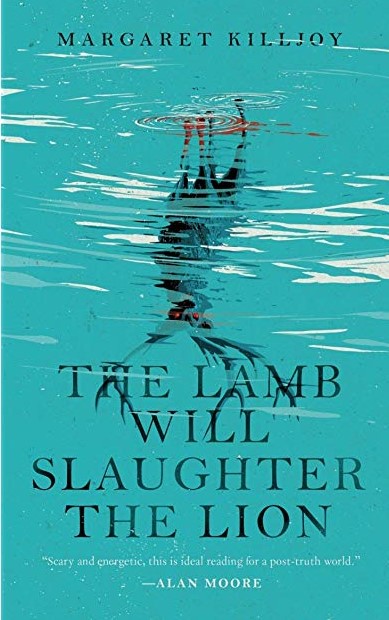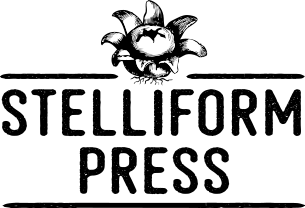Communing with Deer in the Era of COVID-19 and Isolation
We hope this review is reaching everyone safe, well, and suitably socially distanced. Here in Ontario we are headed for increasing Covid-19-related restrictions on the ways we engage in public spaces, with all non-essential services closing tomorrow at midnight.
I am feeling extremely lucky to live where I live — at the edge of a semi-rural development between city and conservation area. We’ve been seeing more deer lately and after reading Margaret Killjoy’s The Lamb Will Slaughter the Lion, my deer encounters trigger a little frisson of morbid excitement.
Readers, this is our chance to do what we love and model civil responsibility. If you’re looking for a new read to pass the time in self-isolation, maybe Killjoy’s novella is just what you need?
Books We Love

This creepy bit of sylvan horror is the kind of thing we’d like to see in our slush pile: a story about the inhabitants of an anarchist commune in Freedom, Iowa, who summon Uliksi, a blood-red three-antlered deer god, in order to deal with their hierarchy problems. Uliksi “turns predator into prey” when he “hunts those who wield power over others”.
Though Uliksi is originally summoned to deal with a violent sociopath who has seized control of the commune, the summoners soon realize that the act of summoning an “endless spirit” to dispatch Freedom’s unwanted leader results in the deer god’s gaze falling, inevitably, upon them.
We love the complex commentary on power relations in this book. Uliksi’s presence raises questions about the difference between violence enacted to seize power and that enacted in self defense, and — when the police bear down on Freedom and the squatters dread the slaughter that will ensue should Uliksi and the officers meet — the violence that upholds an unequal and oppressive society.
That this narrative about violence — and its opposites, peace, freedom, and community — takes place in an environment isolated from big cities and in which the spirit and animal realms intermingle, underscores the ways in which humankind has betrayed ecological relationship in seeking power and status.
Killjoy’s book is fundamentally about belonging. This theme is brought up again and again as animals escape their taxonomies and humans struggle against the simultaneous desire to exist in the “safe” place outside connection, and to find a place that feels like “home.” Killjoy’s conceptualization of violence is a part of this push and pull. We (especially in the West) are invited repeatedly into relationship and make the choice, again and again, to accept or deny the summons.
